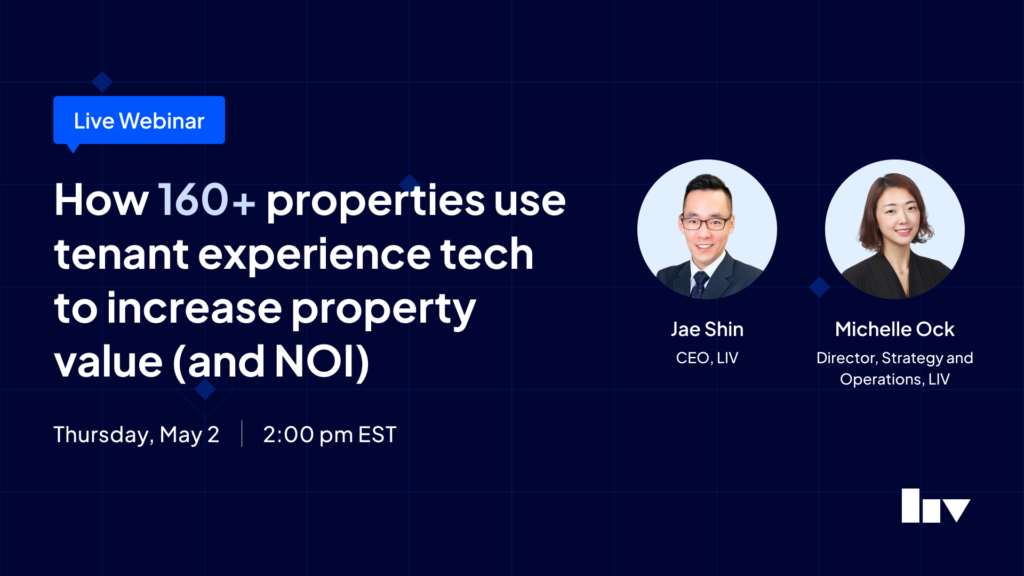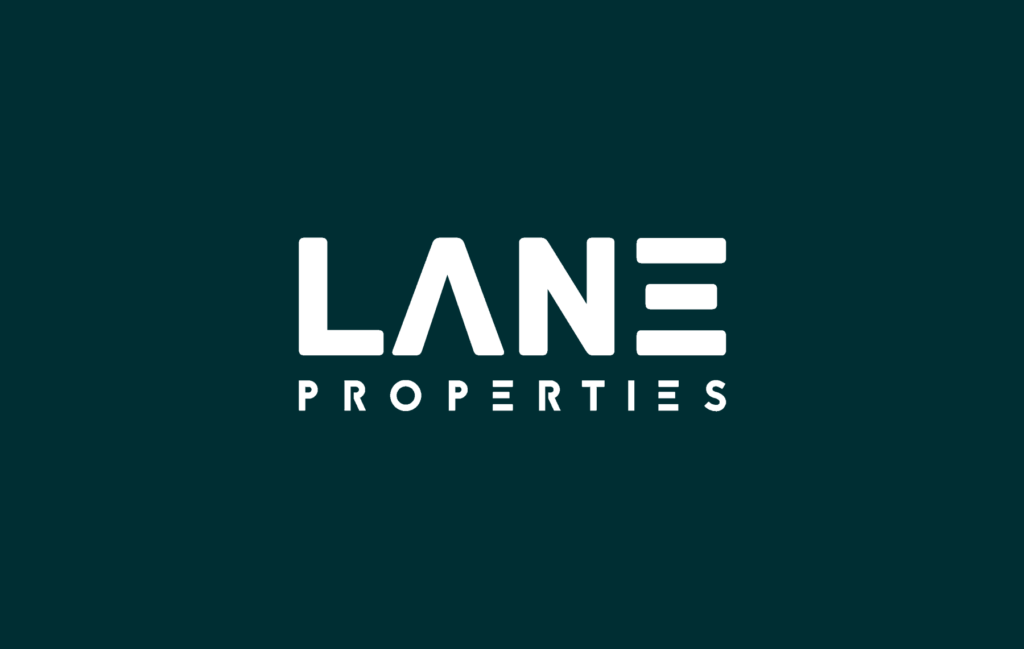Blog recap: Mission-critical technology for real estate developers building in Canada (and across the globe)
In an ever-evolving real estate landscape, embracing digital transformation is no longer optional – it’s imperative for forward-thinking developers.
Our recent webinar delved into how mission-critical PropTech trends are reshaping the pre-construction sales strategy for developers in Canada and beyond.
We had the pleasure of hosting Kee Park, an industry-leading condo analyst, in a session that provided an in-depth look at the PropTech trends that are setting the pace for the real estate industry.
Kee shared invaluable insights into how developers can harness these technologies to increase profits, attract buyers, and stay ahead of the competition.
A deep dive into the current real estate market in Canada
Kee began the discussion with an insights-rich overview of the real estate market, detailing the challenges and opportunities developers are facing in the post-Covid world.
He outlined the four key categories in real estate: pre-construction, assignment, resale, and rental markets, emphasizing the significant shifts observed over the past few years.
Kee noted the impact of the Covid-19 pandemic on the Canadian and global market, explaining how the initial halt was followed by a surge in real estate activity due to low interest rates and government relief programs.
He highlighted the transition from a hot market in 2022 to the current situation with higher interest rates and market adjustments.
“Many experts anticipate that there will be three more interest rate cuts this year” – Kee explained.
“This will bring the interest rate down to around 4% by the end of 2024. According to the plan, we should expect to see a low 3% range by the end of 2025.”
Transformative PropTech trends to focus on
The heart of the engaging and insightful discussion focused on key PropTech trends that are becoming indispensable for real estate developers.
E-signatures becoming the norm
Kee highlighted how the adoption of digital signatures has surged, streamlining the purchasing process and enhancing security.
Tools like DocuSign have become essential, with the global market expected to reach $5 billion by next year. This shift was accelerated by the Covid-19 pandemic, making e-signatures a standard practice in real estate transactions.
Digital advertising platforms
Real estate is increasingly leveraging digital advertising platforms to connect with potential buyers. Platforms like Audience Town and Nextdoor are transforming how realtors and developers market their properties.
At one point, Kee emphasized how these platforms allow for targeted advertising, making it easier to reach the right audience – and boost sales.
Automation in property management
Automation is revolutionizing rental property management, enabling real-time responses and improved efficiency.
The trend is expected to drive significant growth, with the market projected to reach $37B by 2029. Kee pointed out that automation reduces the workload for property managers, making operations more streamlined and enhancing tenant satisfaction.
Smart homes
Smart home tech is particularly appealing to younger generations, with features like smart locks and integrated home systems becoming a priority over traditional amenities.
The webinar speakers shared insights from a study showing that 62% of younger generations prioritize smart home tech over amenities like pools and parking.
AI and crowdfunding in real estate
The rise of AI-driven buyers and crowdfunding platforms is reshaping the investment landscape at a fast pace.
This change is offering new ways to purchase and invest in properties without being there physically.
Kee explained how AI can analyze vast amounts of data to identify investment opportunities, while crowdfunding platforms democratize real estate investment.
Practical applications of PropTech that the leading developers are already using
The webinar speakers provided practical examples of how PropTech can be leveraged in real estate development.
They discussed the importance of integrating smart technologies early in the planning stages to ensure they align with the developer’s mission, whether that mission revolves around sustainability, luxury, or affordability.
Kee shared an anecdote about how some Koreans were amazed by the reliance on physical keys in Canada.
In contrast, he saw “a variety of PropTech in the apartments in South Korea”, which often feature digital pads and fingerprint scanners for entry.
The LIV difference in action
The participants were curious to learn more about some of LIV’s solutions that enhance both property management and tenant experiences. They discussed the following LIV solutions:
Maintenance workflow automation
LIV’s automated maintenance workflows streamline operations, reducing the need for constant back-and-forth communication and enabling real-time updates.
Kee was interested to find out how this solution simplifies the process of reporting and tracking maintenance requests, improving efficiency and tenant satisfaction.
Lease management
The solution streamlines the entire process, from tracking leases to handling renewals and payments, all through an intuitive interface.
Our guests talked about how LIV’s lease management feature can help property operators stay organized and reduce administrative burdens.
Community engagement
Our app makes it easy for real estate companies to foster a vibrant community life within residential spaces, offering features like tenant-organized events and a marketplace with safe and secure exchanges.
Kee agreed that the solution plays an important role in enhancing overall tenant satisfaction and attracting new property buyers or renters.
“The real estate industry is like a dinosaur”
The webinar concluded with Kee reiterating the critical role of PropTech in real estate development.
He underscored how these technologies not only enhance operational efficiency but also add significant value to properties, making them more attractive to both buyers and investors.
At the very end, he had an interesting point: “The real estate industry is a dinosaur” – said Kee, before explaining:
“Often, our industry is not very advanced when it comes to adopting new technology. But – I think now is the most opportune time to implement these technologies. Especially when the market is slow, because when the market picks back up again, we will be so busy selling, building, and managing, we won’t even have time to look at proptech.”
Watch the webinar recording here.
Book a private demo session to discover how LIV can help your real estate business get a competitive edge before the market enters full-speed mode.







